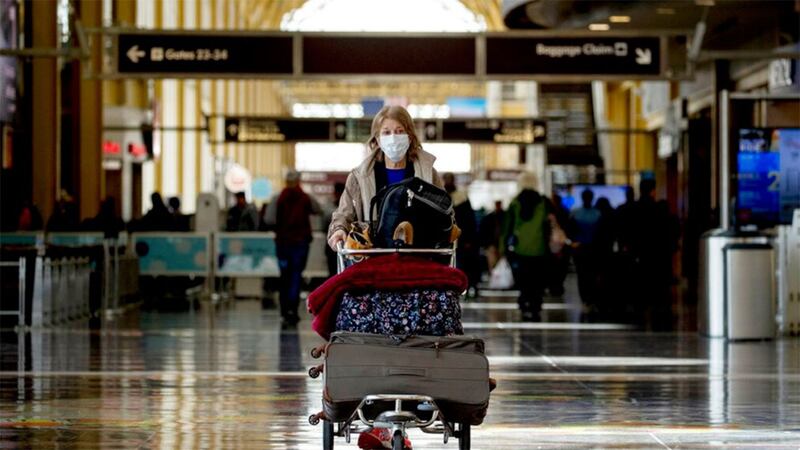The House passed an emergency relief package Saturday in an effort to help Americans with the economic hit they are likely to feel as the new coronavirus spreads to more regions of the country.
The bill includes help with unemployment, paid family leave, more funding for SNAP programs and free COVID-19 testing.
The Senate is expected to take up the package Monday and could pass it quickly. The bill comes after President Donald Trump signed an $8.3 billion emergency coronavirus response package last week.
Here’s what’s included in the package the House passed Saturday:
Free coronavirus testing: Federal health providers both private health care insurers and Medicare and Medicaid are required to provide free testing for COVID-19. People who are uninsured will also be tested for free.
Food security program funding: The bill provides supplemental funding for the Special Supplemental Nutrition Program for Women Infants and Children, the Emergency Food Assistance Program and the Senior Nutrition Program.
In addition, the package funds state waivers to pay for meals for children who normally receive meals at school.
Emergency family and sick leave: Employees of companies with fewer than 500 employees along with government staffers may take two weeks of paid sick leave and up to three months of paid family and medical leave, equal to no less than two-thirds of their pay.
This benefit can be taken if an employee is either quarantined or seeks preventative care.
Small and mid-sized businesses would receive tax credits to pay for medical and family leave of up to 100% of the wages they pay out.
If a company has fewer than 500 employees it is required to provide two weeks of sick leave at full pay for employees who are seeking treatment for the virus.
If you are self-employed, you can also receive tax credits for paid leave.
Workers would be eligible for paid sick leave if they have a child whose school or child care facility is closed due to the coronavirus. They must receive no less than two-thirds of their regular pay.
Unemployment insurance: States will receive more funds for unemployment insurance should if there is an increase in the number of unemployed people.
Medicaid funding: The bill would suspend employment requirements for Medicaid, and increase Medicaid funding through the end of 2021.
Cox Media Group








